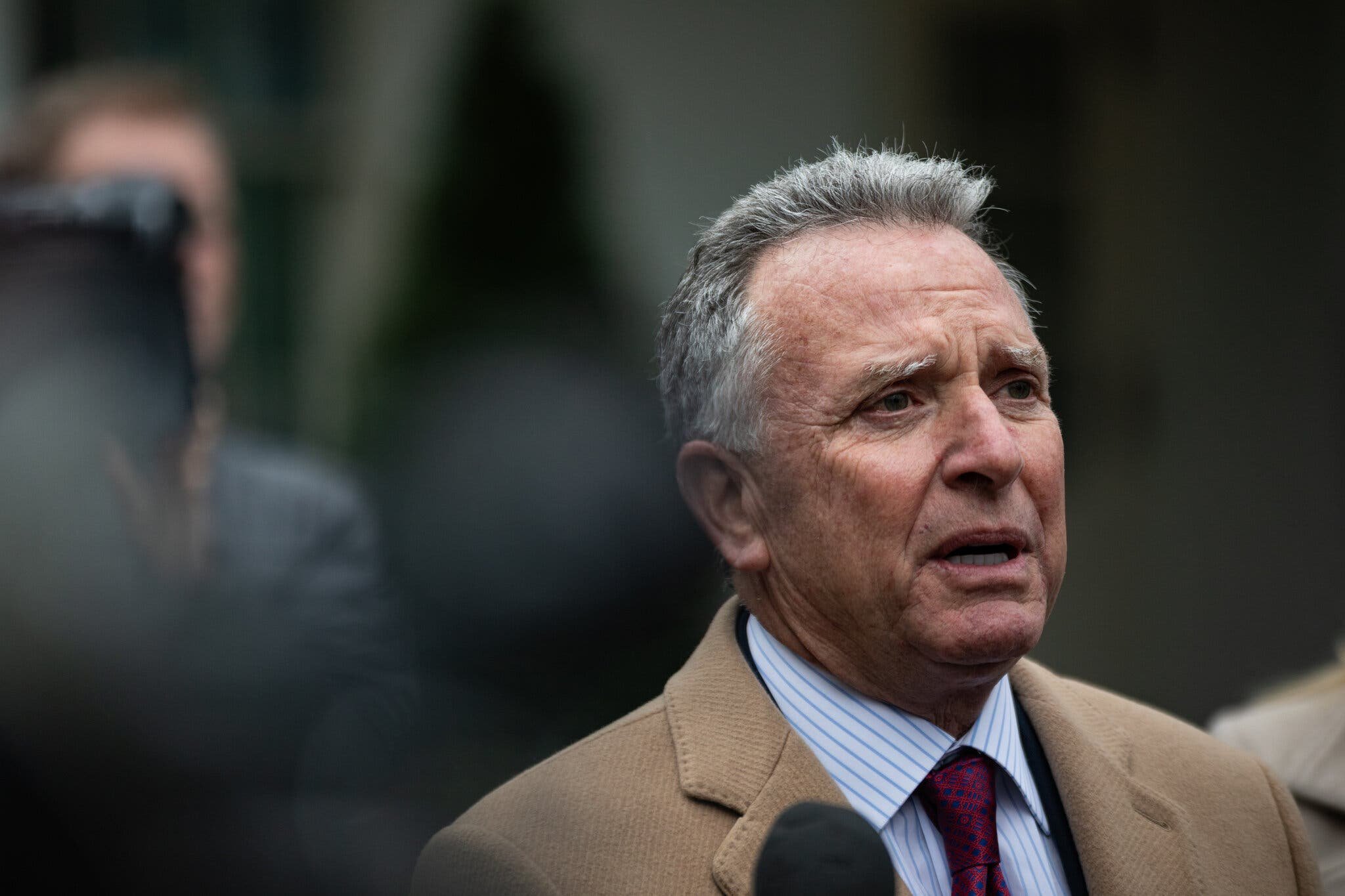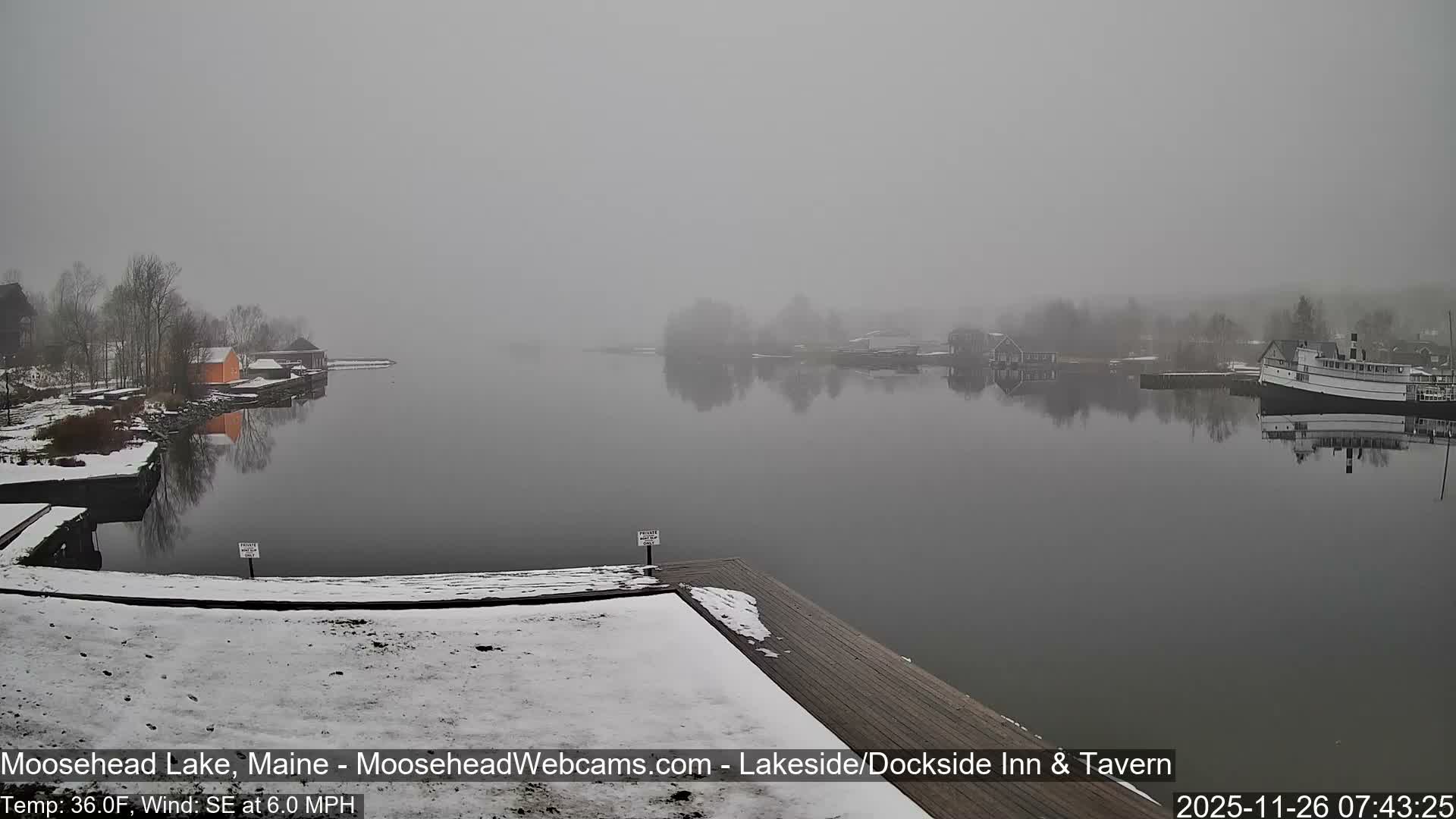Witkoff Advised Russia on How to Pitch Ukraine Plan to Trump: Unpacking Geopolitical Maneuvering
 United States
Politics
United States
Politics

Reports indicate Witkoff advised Russia on strategizing a Ukraine peace proposal to present to then-President Trump. Details of the advice and plan are currentl
Witkoff's Reported Advisory to Russia on Ukraine Plan for Trump
Disclaimer: Due to the provided article content being empty, this analysis is based solely on the original headline: “Witkoff Advised Russia on How to Pitch Ukraine Plan to Trump.” Consequently, the information below expands upon the headline's implications rather than drawing from a detailed article body.
The headline unveils a potentially significant, yet opaque, instance of back-channel influence within international politics. It suggests that Witkoff, likely referring to American real estate developer and businessman Steve Witkoff, offered counsel to Russia. The subject of this advice was strategizing how to present a specific plan concerning Ukraine to then-President Donald Trump.
Unpacking the Geopolitical Context
This scenario immediately raises critical questions about the nature of Witkoff's involvement, the specifics of the 'Ukraine plan,' and the motivations behind Russia seeking or receiving such guidance. The geopolitical landscape surrounding Ukraine, Russia, and the United States has been a focal point of international tension for years. Any proposal concerning Ukraine, especially one intended for a U.S. President, would carry immense weight and implications for global stability.
The involvement of a figure like Witkoff, known primarily for his business ventures rather than traditional diplomatic expertise, adds a distinct layer of intrigue to the situation. It suggests the presence of informal channels operating parallel to, or even outside of, established diplomatic protocols.
Key Unanswered Questions
Without the full article content, several crucial aspects remain undisclosed and open to speculation:
- The specific content of the 'Ukraine plan': Was it a proposal for peace, a territorial concession, an economic arrangement, or something else entirely?
- Witkoff's precise role and motivations: Was he acting as an informal intermediary, a consultant, or was there a business angle involved in facilitating this advice? What were his qualifications or reasons for providing such guidance?
- The timing of the advisory: When did this communication occur, and what was the prevailing political and international climate at that moment?
- The outcome of the pitch: Was the plan ever formally or informally presented to President Trump, and if so, what was his administration's response or action?
This headline alone points to the complex web of informal diplomacy and influence peddling that can occur at the intersection of business, politics, and international relations. It underscores the potential for non-traditional actors to play roles in sensitive geopolitical discussions, often operating outside conventional diplomatic channels. The complete context of this reported advisory would undoubtedly shed light on a fascinating, albeit potentially concerning, episode in contemporary foreign policy.





